How to Budget For Finishing Your Basement Floor
Transforming your gloomy basement with a flooring service into a lively living space starts with choosing the right flooring option. The journey from a bare, damp floor to a cozy and welcoming area requires careful budgeting. This article will guide you through the financial steps necessary to complete this home improvement project without breaking the bank. By exploring different flooring types and their associated costs, you'll be prepared to make informed decisions that align with your budget and design preferences.
Decide on the Type of Flooring for Your Basement
Firstly, decide on the type of flooring you want for your basement, which will significantly affect your budget. There are many options available, including hardwood, carpet, vinyl, and laminate. While it's a durable and classic choice, it may not be ideal for basements prone to moisture. In such cases, consider more affordable and moisture-resistant options like vinyl or laminate. In fact, according to Forbes, laminate flooring has an estimated lifespan of 15-25 years if maintained, making it a great choice for a long-lasting floor.
Measure the Total Square Footage of Your Basement
Next, measure the total square footage of your basement space to get an accurate idea of material costs. Multiply the area by the cost per square foot of your chosen floor to estimate the material budget. Don't forget to account for additional expenses such as underlayment, adhesives, and finishes, which can add up quickly. It's always wise to set aside at least 10-15% of your budget for unexpected costs or overages, to ensure you're not caught off guard during the installation process.
Consider Labor Expenses for Professional Installation
Beyond material costs, labor expenses are another crucial aspect to consider. Professional installation fees can vary, depending on the complexity of your project and your location. It might be tempting to cut costs by attempting a DIY installation, but this comes with risks, such as incorrect installation affecting the floor's longevity. It's essential to weigh the potential savings against the benefits of having a professionally installed floor, especially for intricate flooring like hardwood.
Finishing your basement floor requires strategic financial planning to avoid overspending. By evaluating various flooring options with a flooring service company, measuring accurately, and considering labor costs, you'll find the balance between cost-effectiveness and aesthetic appeal. With the right budget plan in place, you can transform your basement into a functional and enjoyable addition to your home. Call us today at IDF The Floor Store to learn more!

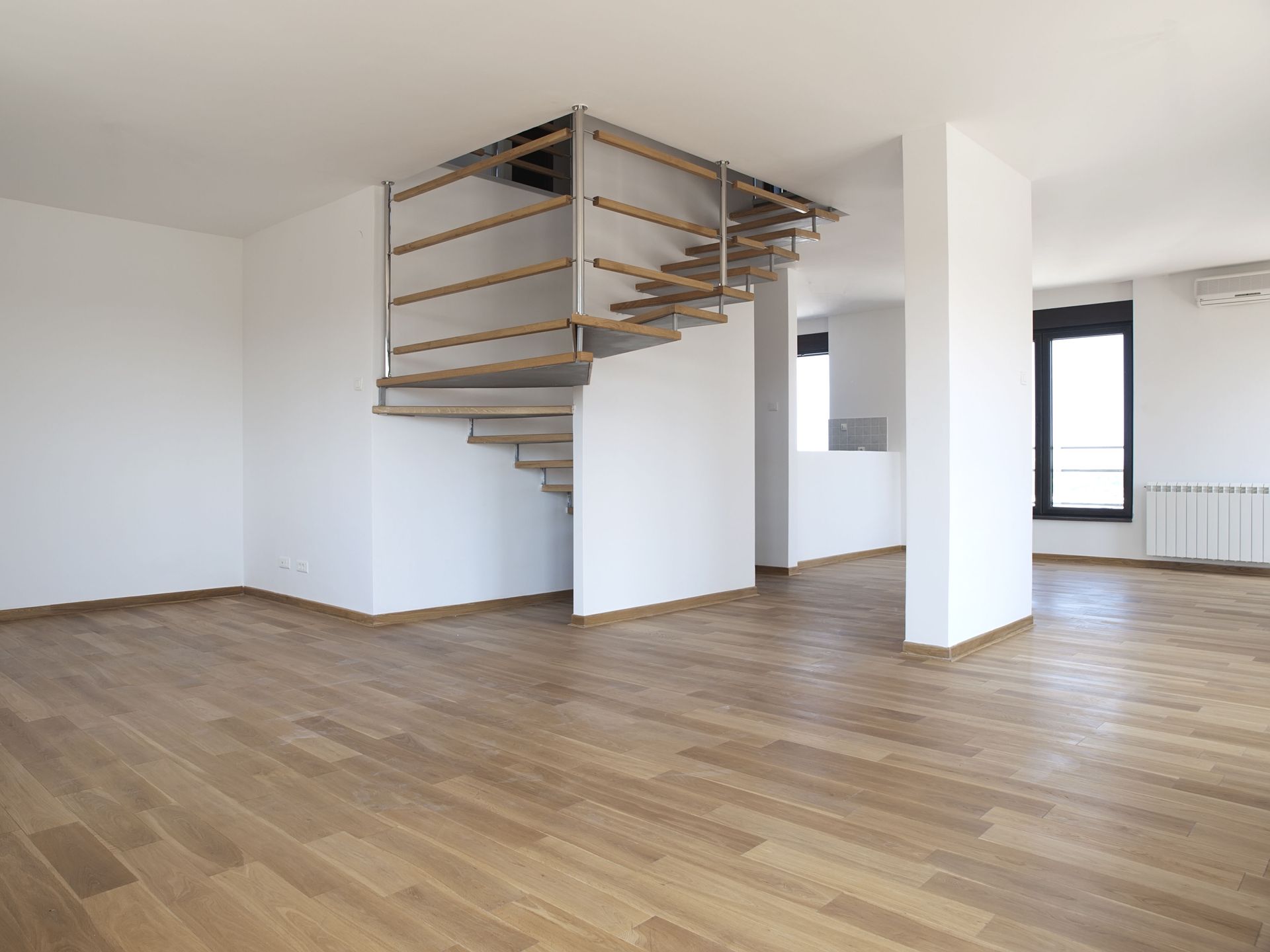
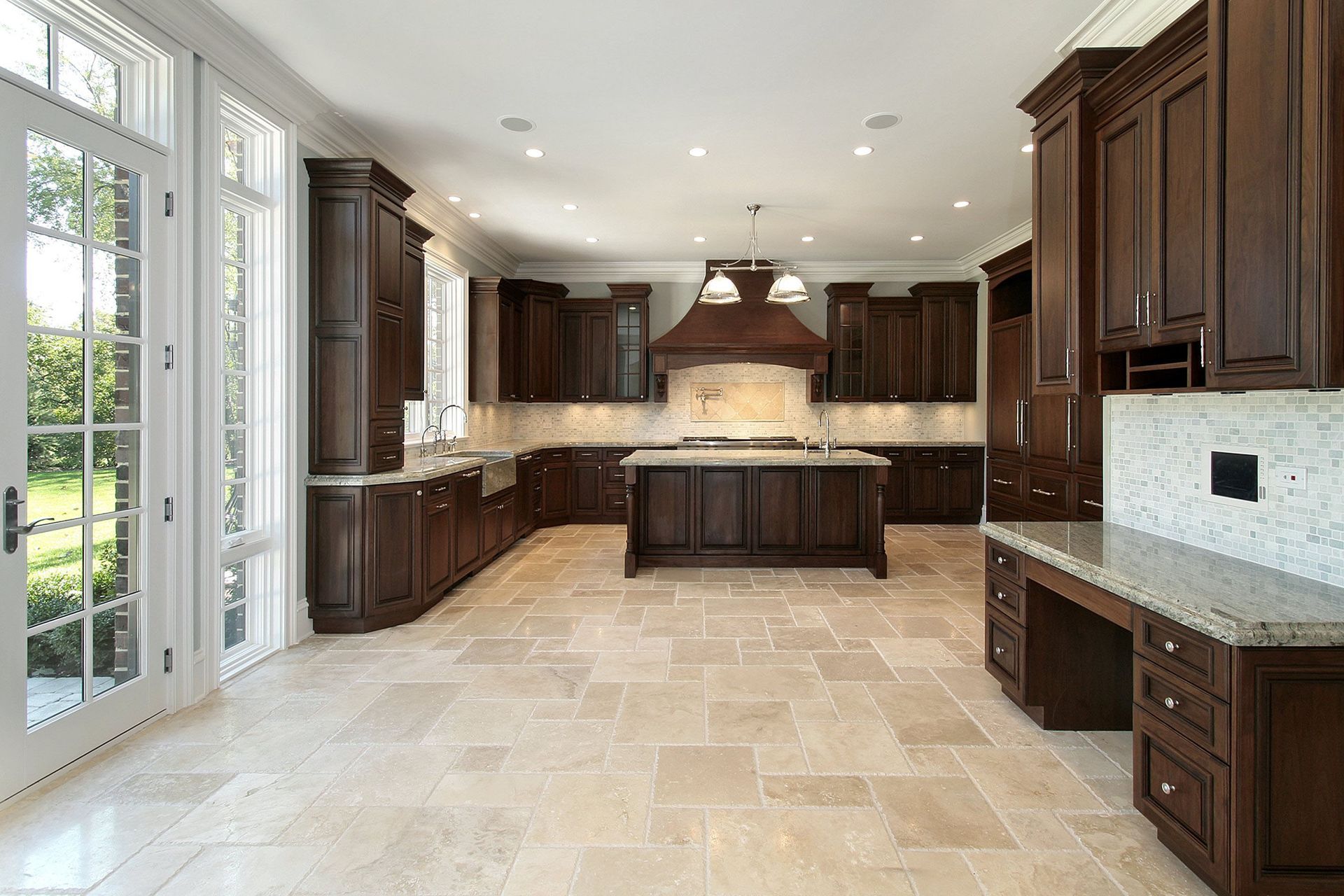
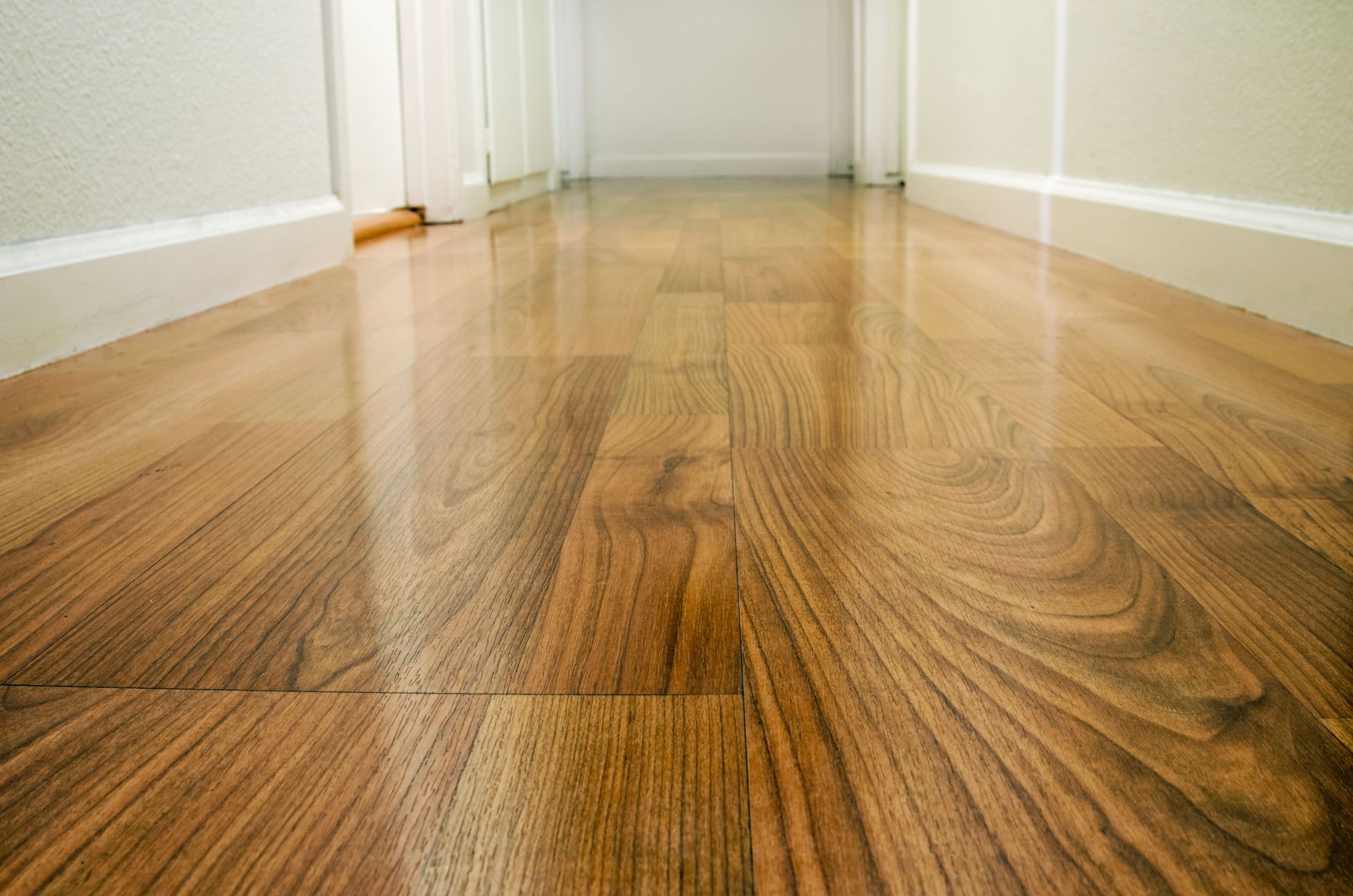


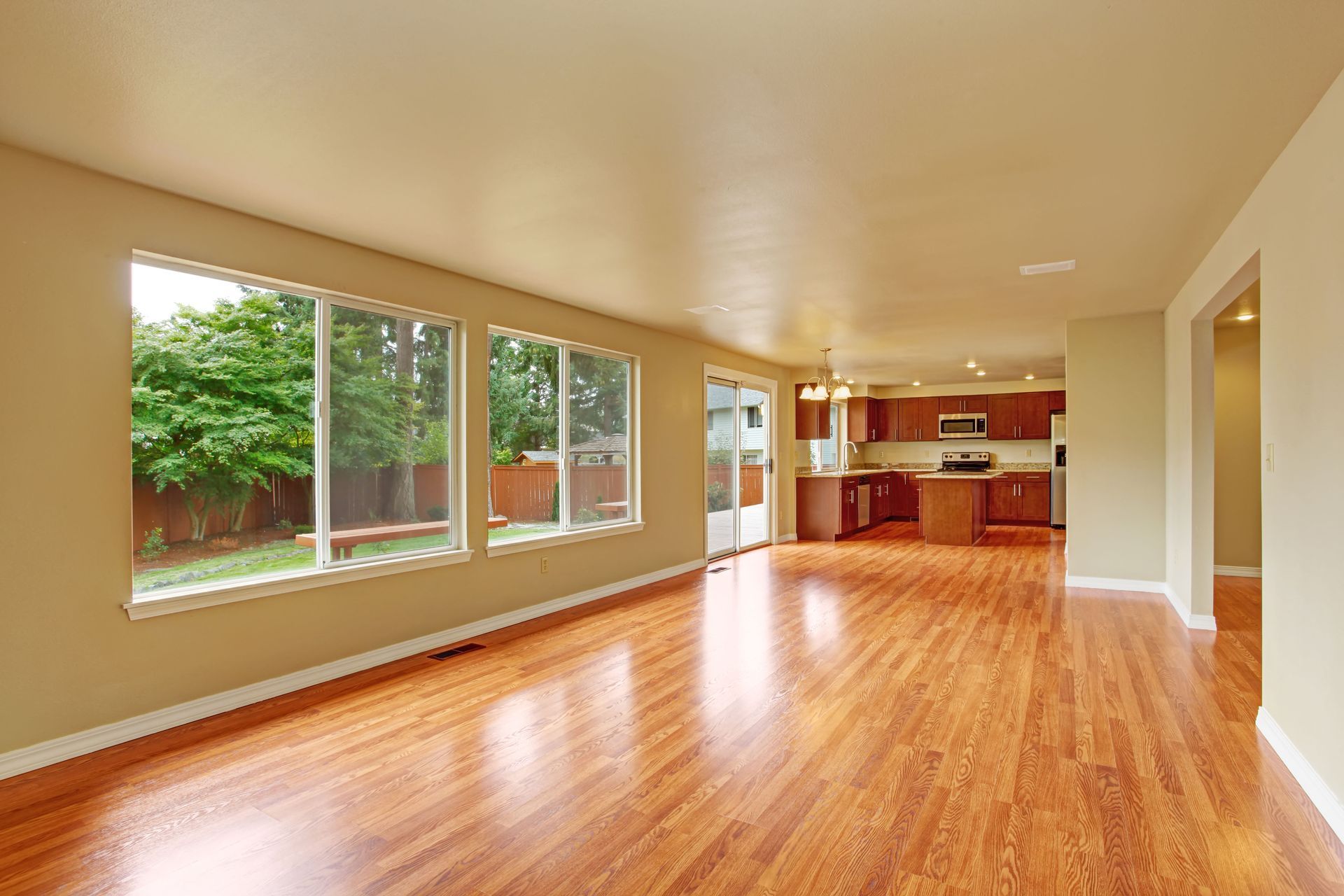


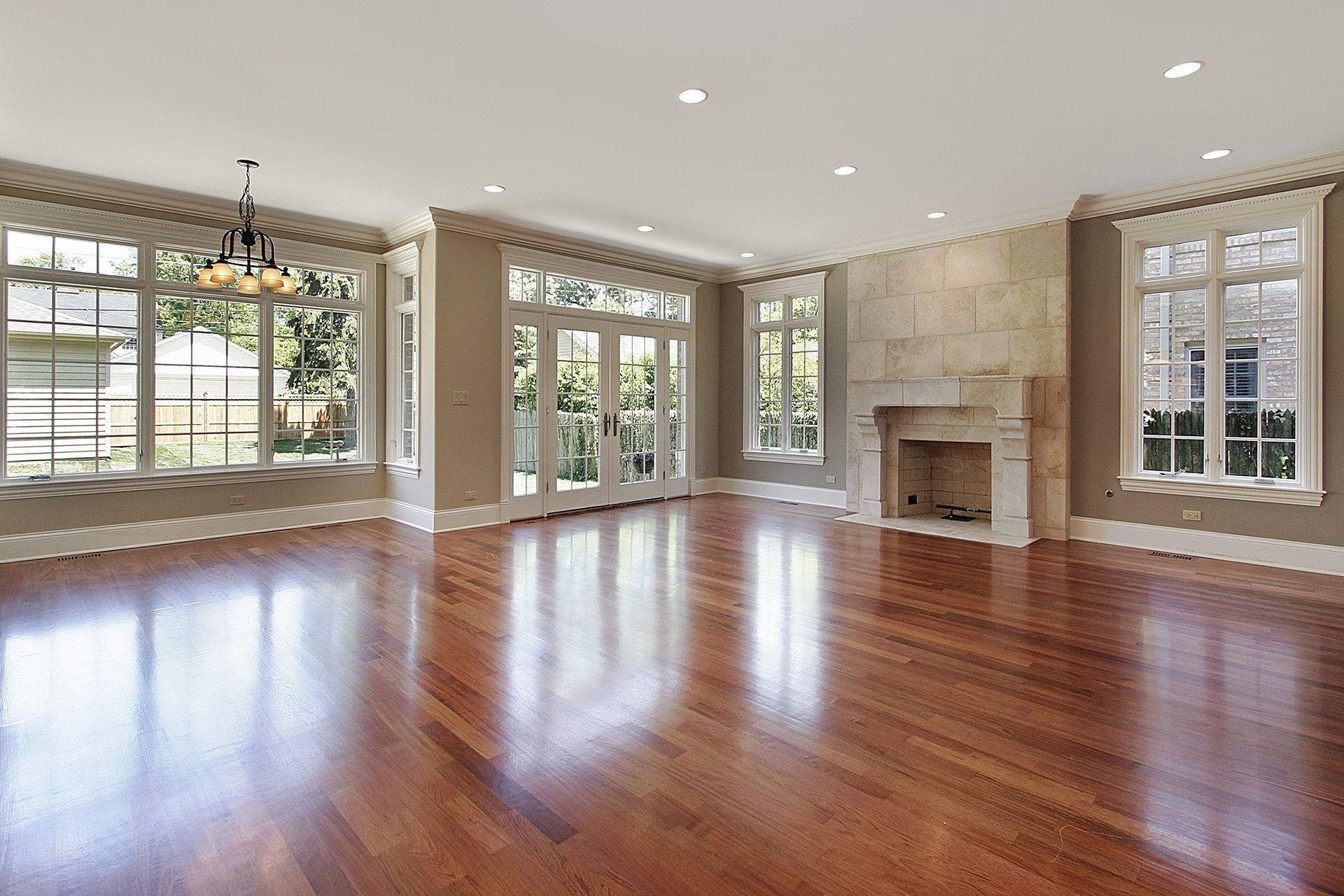
Share On: